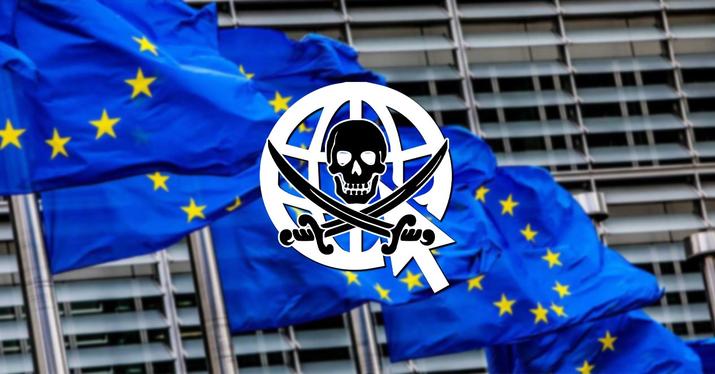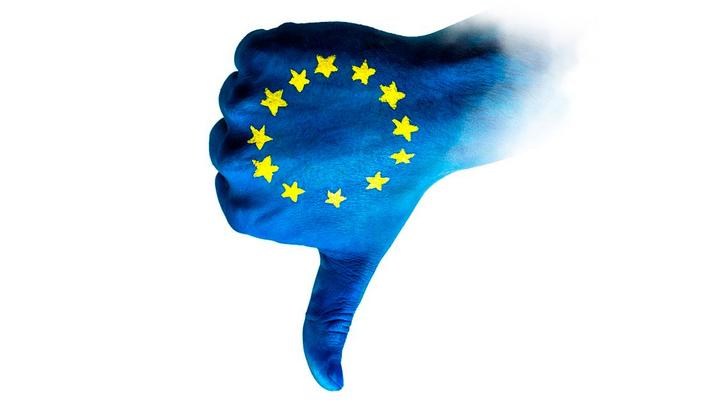Although most of the actions against pirated IPTV and other forms of piracy focus on finding those responsible for providing and/or selling these illegal services, the European Union could open the range and begin to identify pirate users. Apparently, this data should be protected by the right to privacy, but new statements from the European Court of Justice deem the disclosure of hackers’ identities to be “compatible with EU privacy laws.”
After years of fighting against those who supply piracy, the European Union could also turn its sights towards those who consume this content in which copyright has been violated. It should be remembered that the legislation of some member countries already includes penalties for those who use pirated IPTV.
A log of hacking users
The chief legal adviser to Europe’s highest court says the retention and disclosure of identifying information from suspected hackers is compatible with European Union privacy laws. This arises from the controversy surrounding Hadopi, the French anti-piracy agency, which monitored and stored data on millions of users suspected of copyright infringement.

The plan to justify these pirate databases was to use evidence of their hacking activities as a basis for escalating actions including warnings, fines, and ultimately internet disconnections.
Under EU law, member states cannot pass national laws that allow for the general and indiscriminate retention of citizens’ traffic and location data. The retention of such data is permitted selectively, but only as a “preventive measure” in order to combat “serious crimes.”
Therefore, according to digital rights group La Quadrature du Net, Hadopi’s “mass Internet surveillance” destroyed citizens’ fundamental right to privacy. Believing this represents a violation of EU data protection laws, the digital rights group, service providers and other like-minded supporters took their fight to the French legal system.
Would not violate EU privacy laws
The opinion of the Advocate General of the CJEU, Maciej Szpunar, is presented as a legal solution to the judicial complaint that accuses France of violating fundamental rights as part of its gradual response program against piracy.

The chief legal advisor at the Court of Justice of the European Union described the Hadopi situation as a “serious interference with fundamental rights”, but in the absence of accepting “general impunity for crimes committed exclusively online”, something would have to give. . The compromise suggested last year would require “a realignment of the Court’s jurisprudence” to allow rights holders to enforce their rights when an IP address is the only means by which an infringer can be identified.
The short answer of counsel’s opinion is that Article 15(1) of Directive 2002/58 must be interpreted as not precluding national legislation that allows ISPs and other electronic communications services to retain, and an authority administrative entity such as Hadopi, access civil identity data corresponding to IP addresses in order to identify alleged offenders.
It is not necessary to involve any court or review body, but the use of such data is only permitted when it is the only means of investigation that can identify an alleged infringer.















